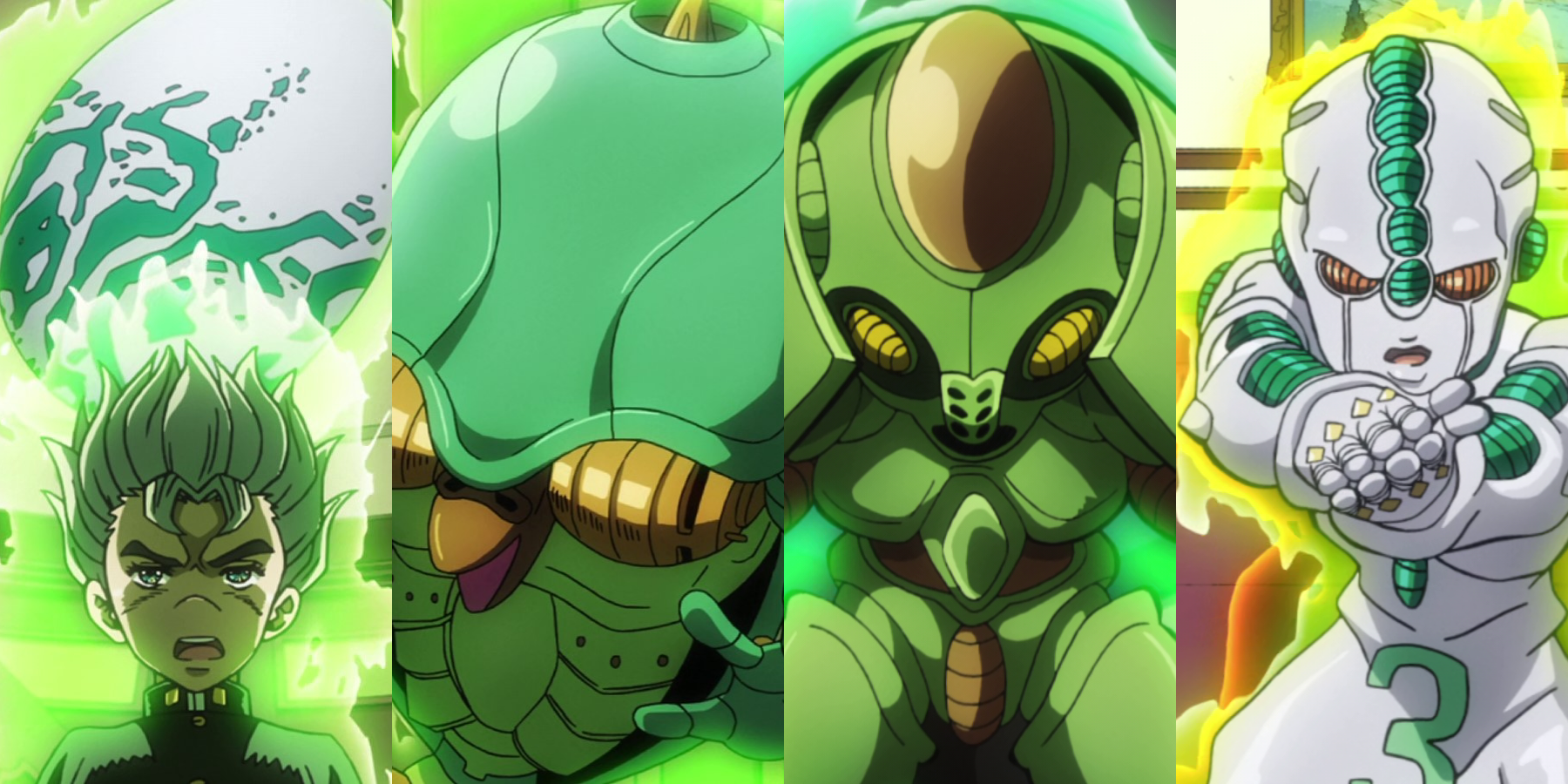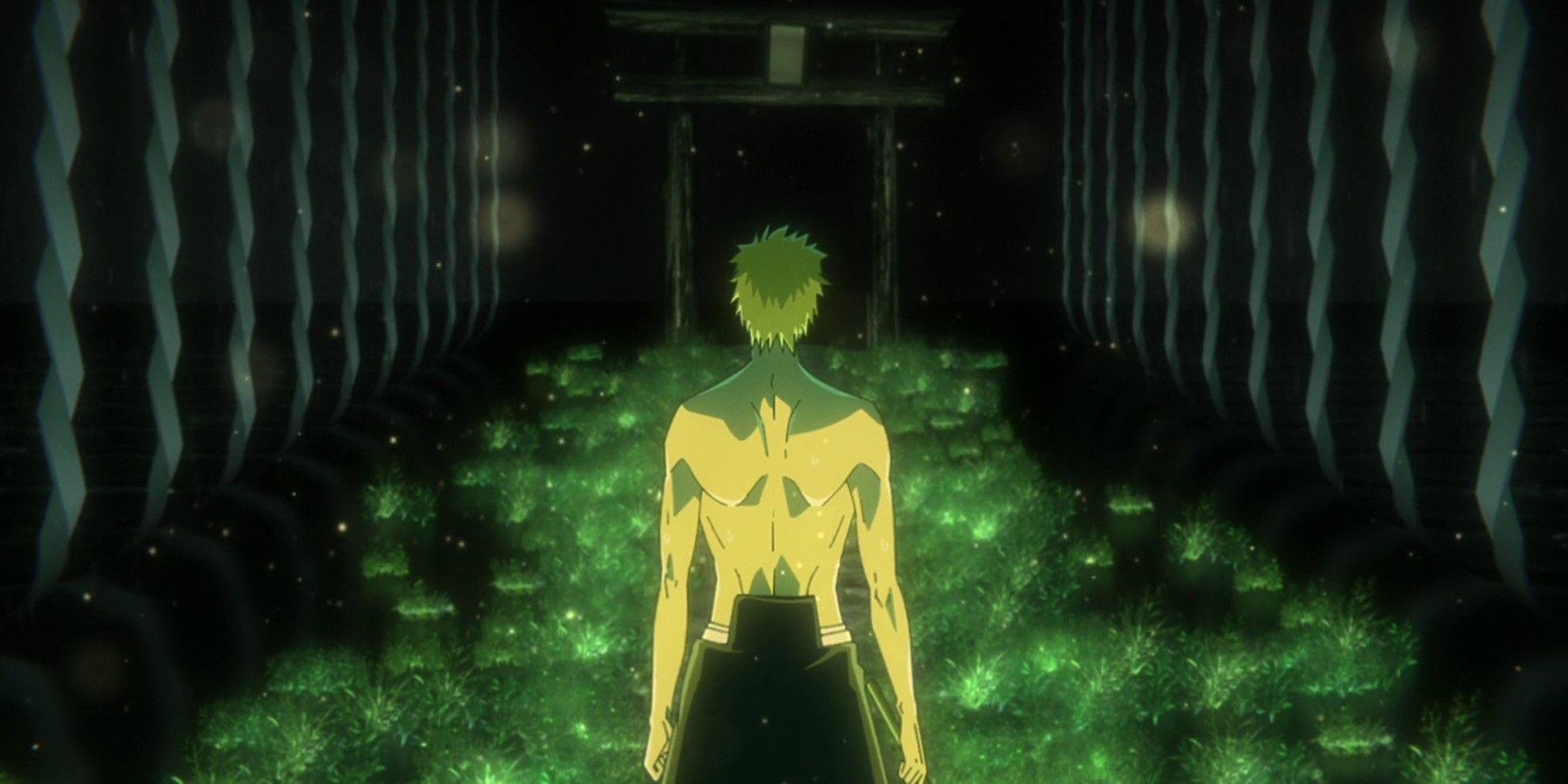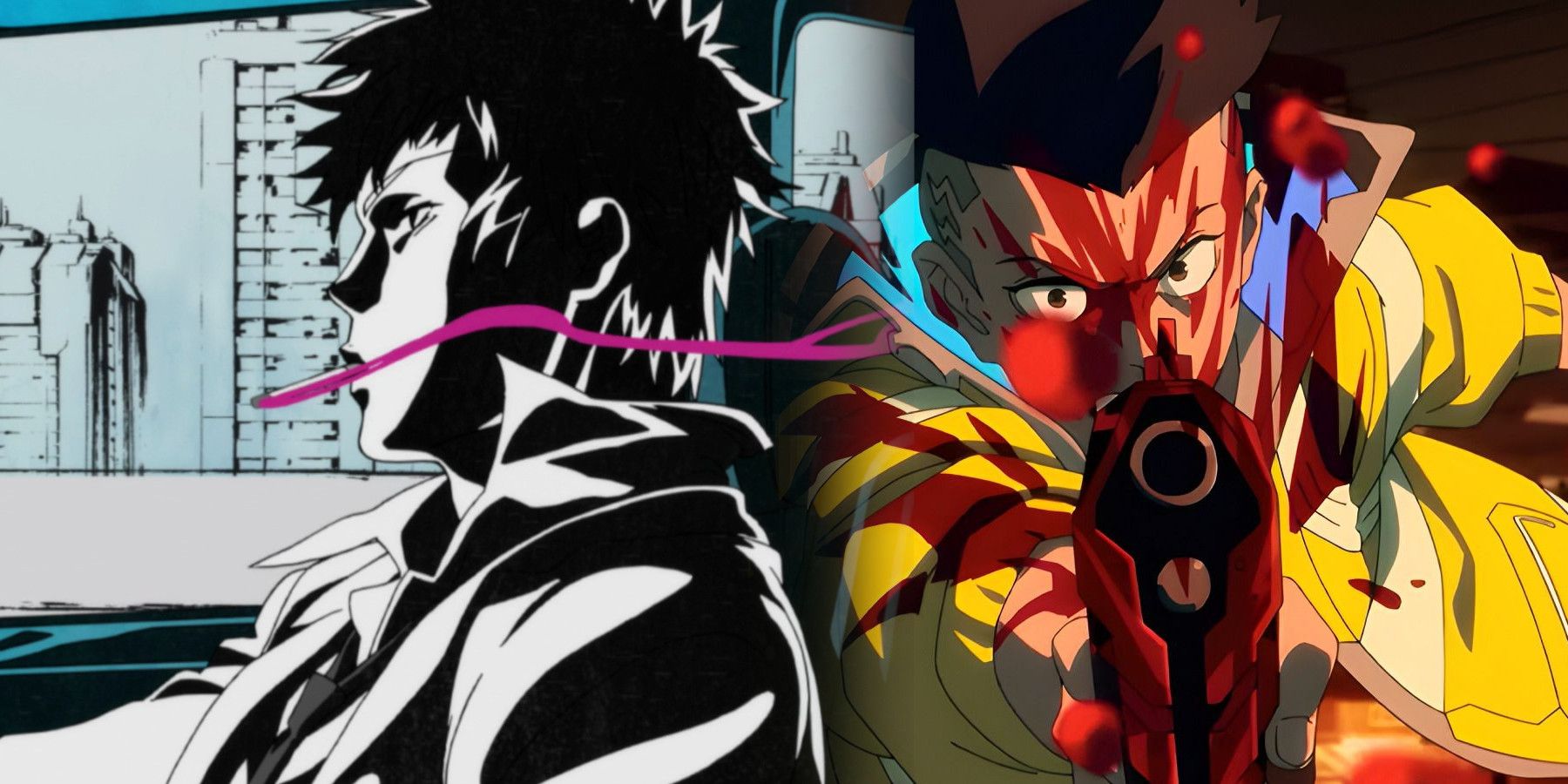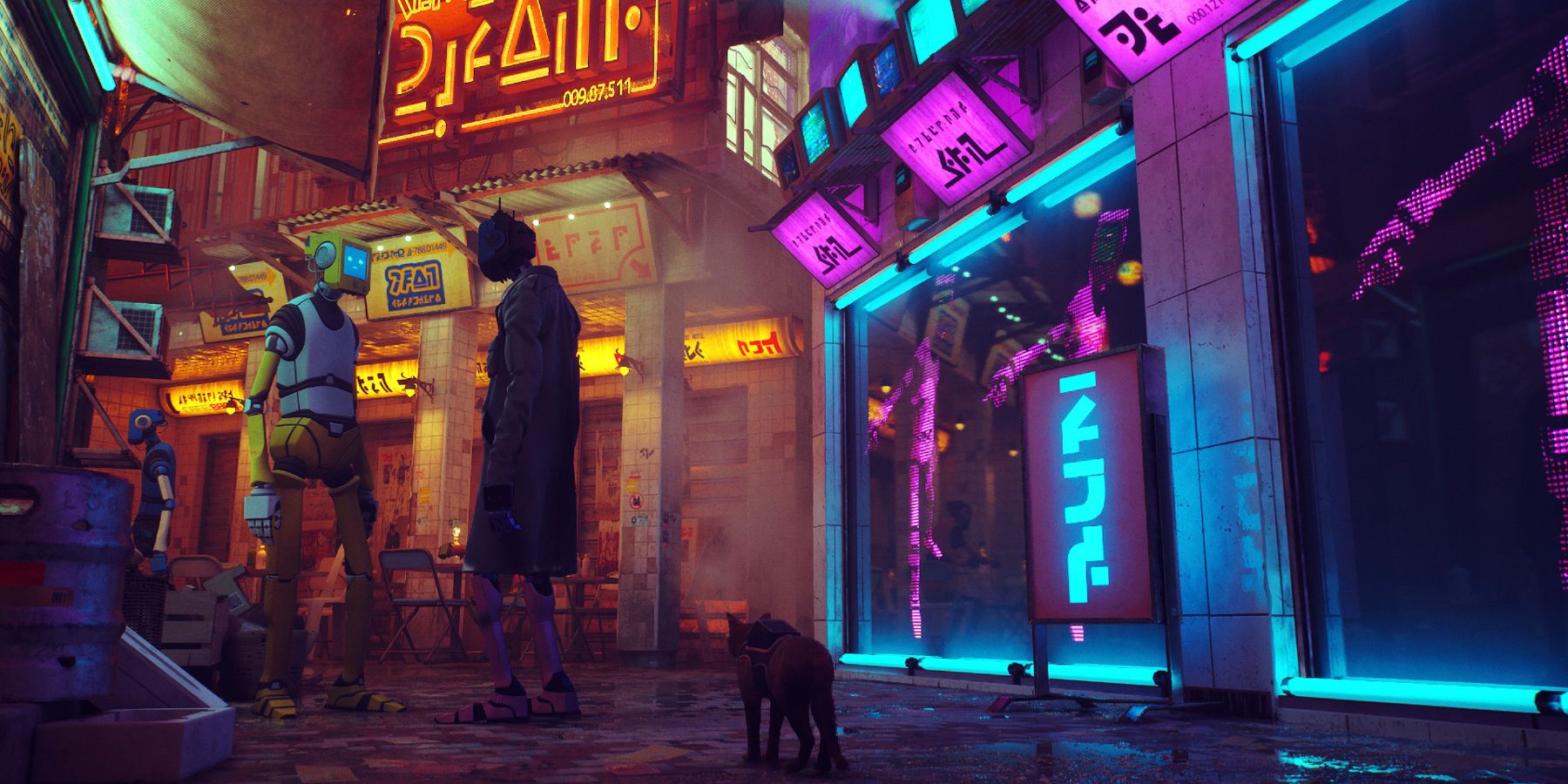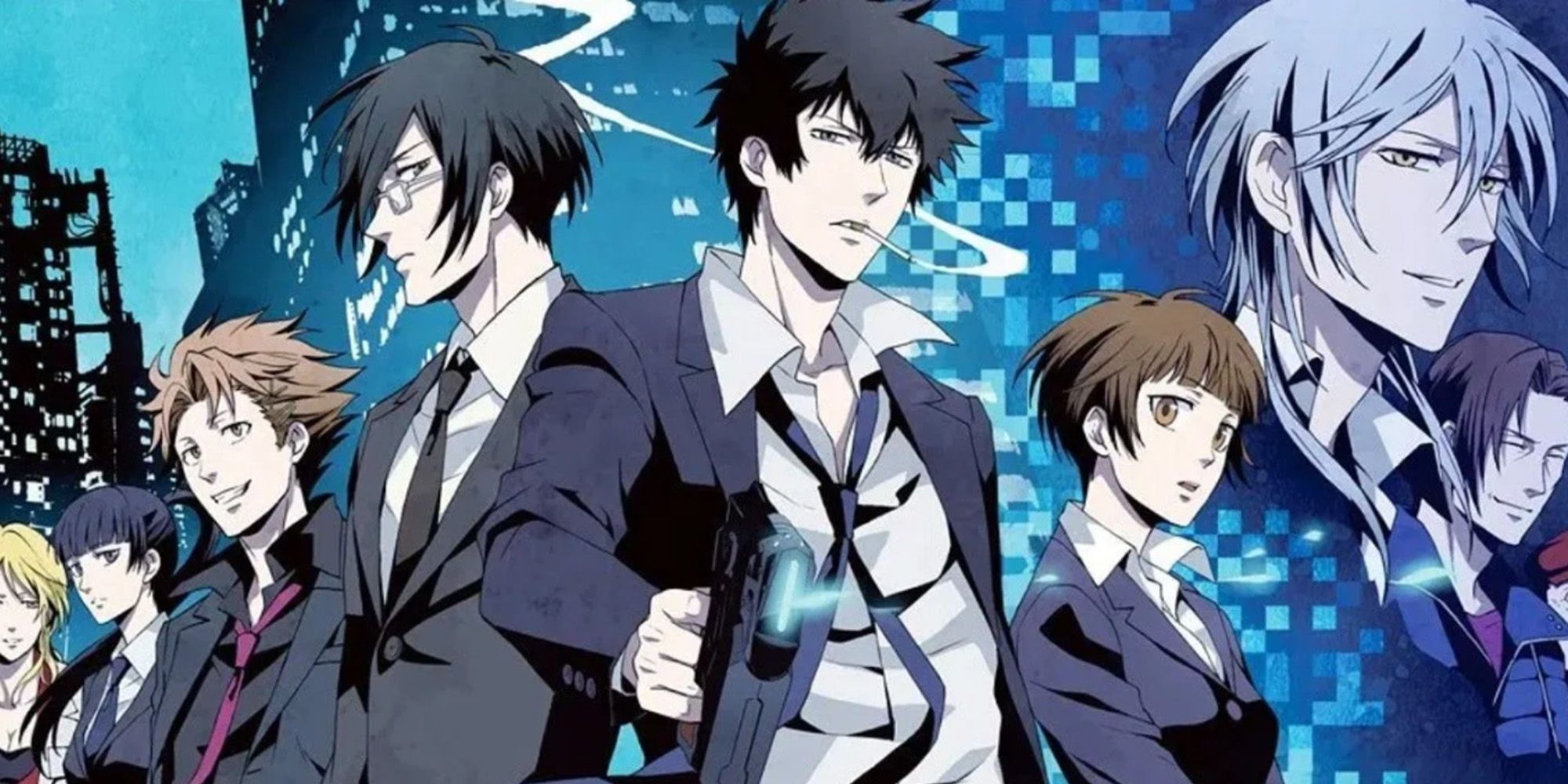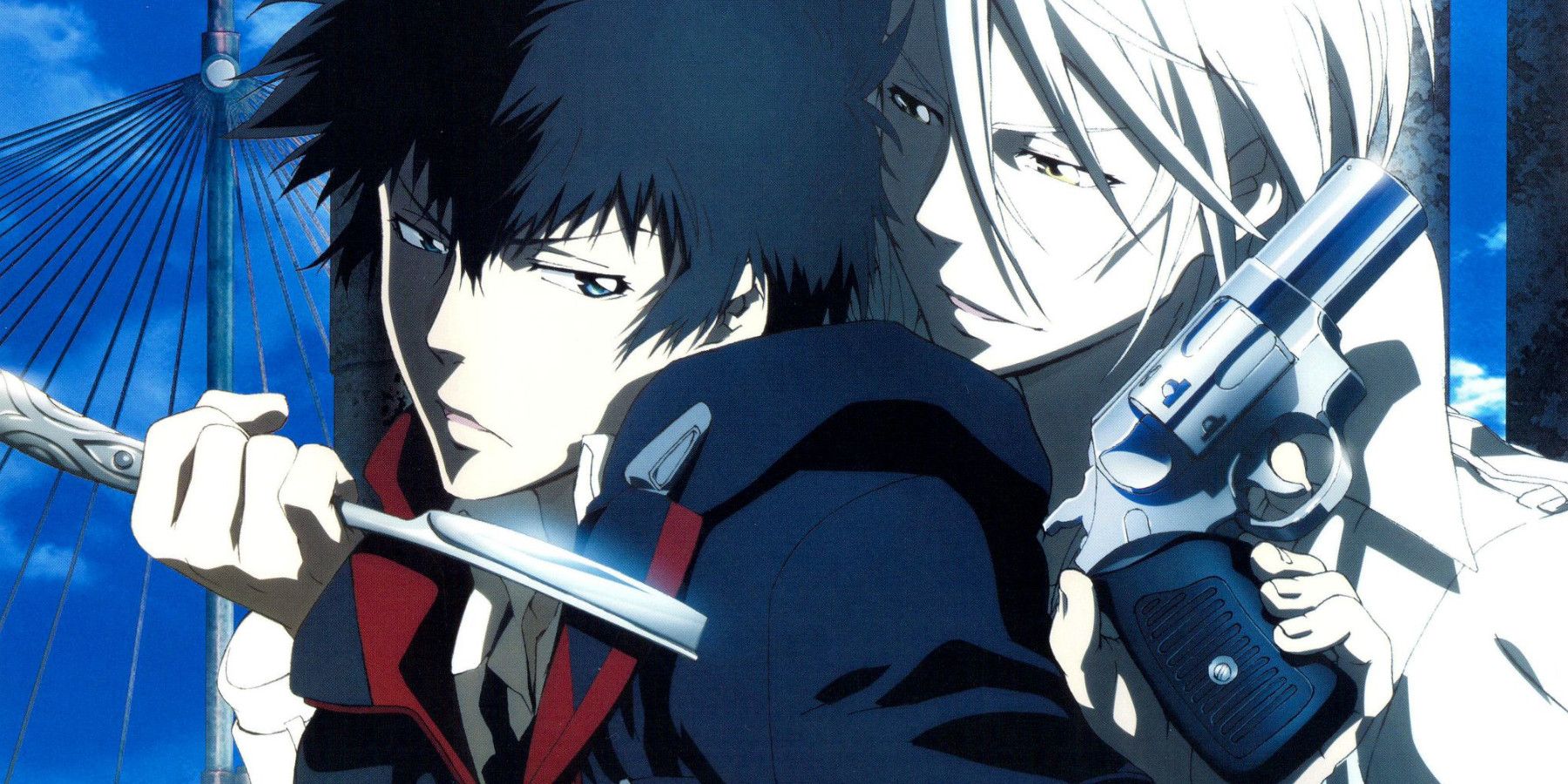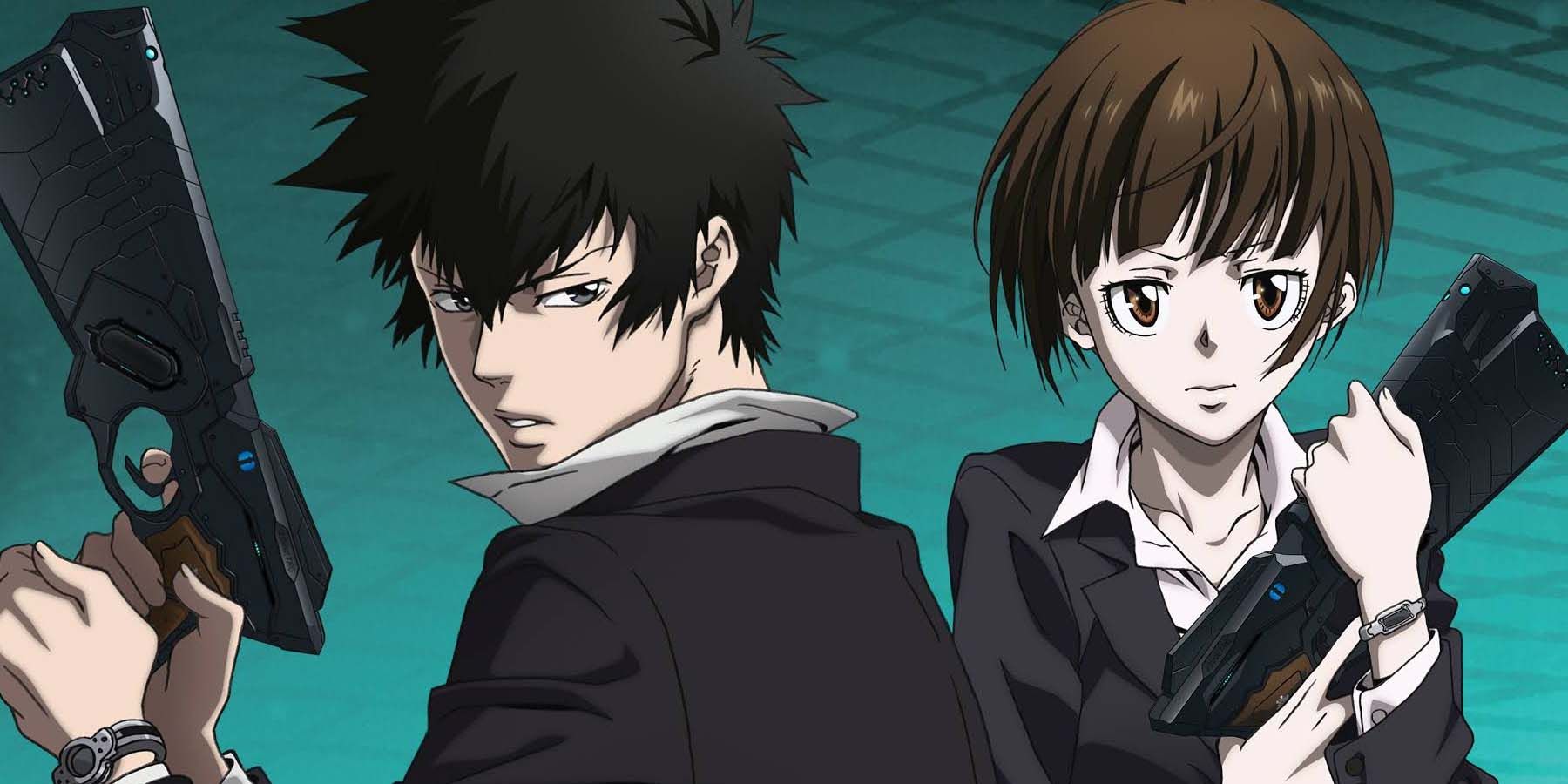Cyberpunk Edgerunners has been a major hit among critics and audiences as of late and has renewed a lot of interest in its videogame counterpart, the divisive Cyberpunk 2077. But other than prompting revisits to a game from 2020, it also begs the question of what shows like it - or unlike it - fans should check out next, and 2012's Psycho-Pass is a pretty clear contender.
Written by Gen Urobuchi and directed by Naoshi Shiotani, Psycho-Pass was Production I.G.'s bold new science fiction IP that aimed to be the studio's next big hit like Ghost in the Shell. It was a dark series depicting the darkness hiding within a seemingly utopian society where public safety is at an unbelievable high, thanks to the seemingly all-knowing "Sybil System."
Defining Cyberpunk
What qualifies as cyberpunk can be a subject of debate depending on the media in question or who you talk to. Many definitions found online specify some element of lawlessness permeating the world of the story, which doesn't quite fit Psycho-Pass' initial utopian bend, as fragile as the veneer may be.
In Cyberpunk 2077 and Edgerunners, a "cyberpunk" is a term for an individual carving their own identity in a dystopian future city that is typically characterized by rampant capitalism. The massive wealth gap results in a futuristic wild west of sorts in which cyberpunks strive not to change the world but create an identity for themselves.
But a story doesn't have to be told from the perspective of a "cyberpunk" to be a cyberpunk story. Blade Runner depicts a similarly grim and dingy future but is told from the perspectives of detectives of different backgrounds all getting involved in mysteries that pull back the curtain on society. The elements that make up the world and the aesthetics that present them are what qualifies as cyberpunk.
Ghost in the Shell has also been called cyberpunk and tells its story from the perspective of an elite cyber-counter-terror group. Not exactly a story from the perspective of the downtrodden, but its political themes reveal its messages about how technology can be abused in the future to take advantage of people, making it apt to call it cyberpunk.
The Utopia of Psycho-Pass
So what kind of world does Psycho-Pass present and does it qualify as cyberpunk? Put simply, yes, but not without some build-up first. Psycho-Pass is set in the early 22nd century when much of the world has descended into chaos but where Japan perseveres and has become one of the safest places on Earth.
This has been achieved through the Sybil System, a framework by which people's brains are scanned to determine their aptitudes, placing them where they will be the most beneficial to society. It also serves another purpose, to assign a particular "hue" to individuals based on their scans that determine their likelihood to commit crimes.
This is also calculated numerically as an individual's "Crime Coefficient" or "Psycho-Pass." When the number gets too high, people need to be arrested and receive counseling to get their coefficient lower. The Inspectors of the Ministry of Welfare's Public Safety Bureau (MWPSB) carry guns called Dominators that can knock out or even kill people whose coefficient is too high.
To ensure that Inspectors' Psycho-Passes don't get too clouded, latent criminals are employed like hunting dogs called Enforcers and are used to apprehend dangerous criminals. The series follows rookie Inspector Akane Tsunemori as she learns the ugly truth about being an Inspector.
The Philosophy
Psycho-Pass' story is about a utopia maintained through a very violent and messy system that has definite problems but also makes a good argument for itself at times. Much of the first half of the series is dedicated to setting up this world, explaining how it works, and exploring the ways the system can be exploited.
But the discovery of the exploitations comes with the revelation that these exploits are rather new in this world. It is established that Japan has enjoyed considerable peace for presumably decades. It's only when the antagonist, Shogo Makishima, is introduced, that it's clear what kind of threat is facing this futuristic utopia.
Makishima is a terrorist and murderer with a love of philosophy and literature, who views the Sybil System with disdain, viewing it as a society that robs humanity of free will to be flawed. He uses his cunning and his apparent invincibility to the Sybil System's scanners to elevate disturbed individuals, namely a number of avant-garde serial killers.
Whereas many cyberpunk stories don't aim to change the societies framing them, Psycho-Pass is all about the battle between people protecting peace and a man who wishes to tear down the superstructure of this society. Namely, through mass panic, riots, and plots to dismantle key systems integral to the country's stability.
The Protagonists
Akane Tsunemori and Shinya Kogami are the pair at the center of Psycho-Pass. The former is a rookie whose apprehension towards the system and naïveté morph into an evolved perspective on justice that places free will in the hands of the adjudicators of the law, not just blindly following the system.
On the flip side, Shinya Kogami is a far more traditional protagonist that fits the mold of a lead in a detective story. He's an Enforcer, meaning that in the past he became a latent criminal after his hue deteriorated. He is who most viewers will think of as the true main character given his rivalry with Makishima, but it's his traditionalism that makes him flawed.
Psycho-Pass places its protagonists between a rock and a hard place; a traditional narrative juxtaposing rebellion and a dystopian system with a utopian endgame and demonstrable benefits. The question of the series, and the one that makes it so compelling to watch and ponder, is how best to deal with a society like this.
Is the answer rebellion? Is it submission? If the answer lies in a third option, will it be effective? Through 22 episodes of construction and deconstruction, the characters arrive at their own answers to these questions. While the subsequent sequels to Psycho-Pass haven't always been beloved, the first season holds as a masterwork. It truly is one of the best science fiction series in years and one of anime's best since Ghost in the Shell: Stand Alone Complex.
Psycho-Pass is admittedly very different from Edgerunners, with a different philosophy of action and storytelling. However, they are both incredibly well-done stories whose depictions of societal collapse in an advanced future create some exquisite character drama and encourage pondering from viewers. Those who resonated with Edgerunners' characters and their philosophies may find similar catharsis in Psycho-Pass.
